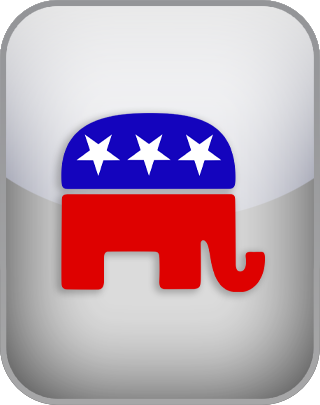American Conservatism Test
American conservatism is a center-right ideology emphasizing tradition, limited government, and moral values. This test integrates Professor Jonathan Haidt’s Moral Foundations Theory, the Big Five personality traits, and real-world political beliefs to assess whether you align with a conservative worldview. It examines moral instincts, personality patterns, and values shaping your political stance. Are your conservative views driven by loyalty and stability or by individual liberty and responsibility? To take the test, enter your input below.
Question 1 of 34
Too much focus on duty limits personal freedom.
| Disagree | Agree |
NEXT
American conservatism is a political ideology rooted in preserving traditional institutions, limited government, and individual responsibility. Unlike classical liberalism, which emphasizes expansive freedoms, American conservatism prioritizes order, stability, and moral norms, often advocating for gradual change over radical reform.
Historically, American conservatism emerged in the 20th century, coalescing during the 1950s with figures like William F. Buckley Jr., who founded National Review and articulated a fusion of traditionalism, free-market economics, and anti-communism. The movement gained momentum with Barry Goldwater’s 1964 presidential campaign, which championed limited government, and solidified under Ronald Reagan in the 1980s. Reagan’s policies—tax cuts, deregulation, and a strong anti-Soviet stance—defined modern conservatism’s emphasis on economic liberty and national strength.
Central to American conservatism is the belief in negative liberty—freedom from government overreach. Conservatives argue that individual success stems from personal effort, not state intervention, supporting free markets, low taxes, and minimal regulation. They often view social welfare programs skeptically, believing they foster dependency and undermine self-reliance.
Beyond economics, conservatism emphasizes cultural and moral traditions, often rooted in religious values. It supports policies preserving traditional family structures, Second Amendment rights, and national identity. In recent decades, conservatives have championed issues like pro-life policies, school choice, and immigration enforcement, reflecting concerns about cultural erosion and sovereignty.
Critics argue conservatism’s resistance to change perpetuates inequality and ignores systemic issues. Proponents counter that it safeguards proven institutions and promotes personal accountability, fostering a stable, prosperous society.
Today, American conservatism is diverse, encompassing traditionalists, libertarians, and populists. It influences the Republican Party and national discourse, particularly among voters prioritizing economic freedom, security, and cultural heritage. While challenged by progressive and populist movements, conservatism continues to evolve, addressing modern issues like technology regulation and global competition.

